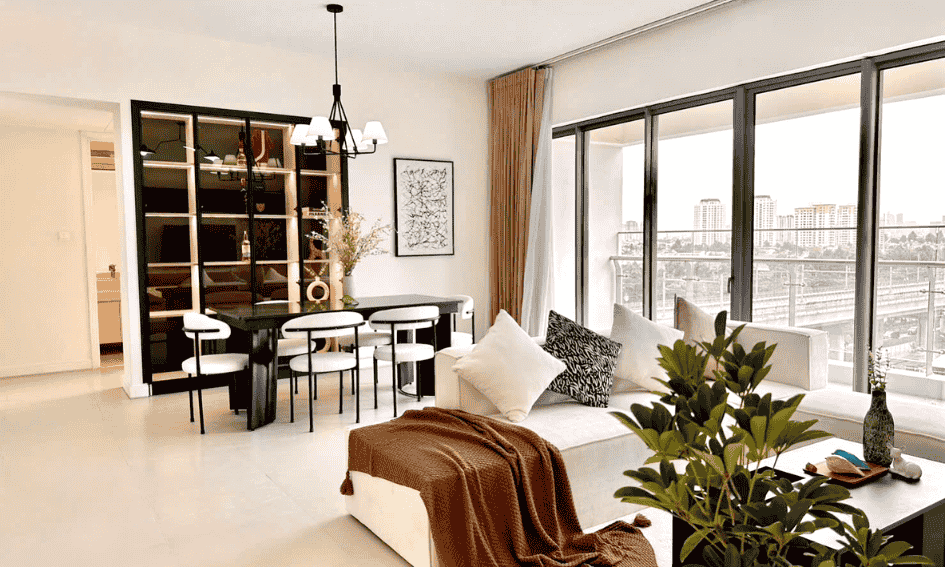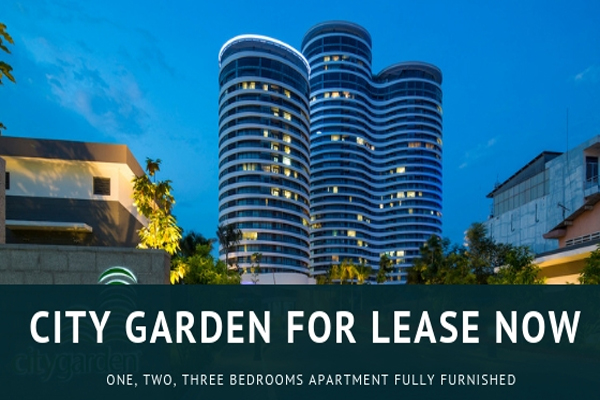Affordable housing in Vietnam – a regional comparison
01 Oct, 2025

Affordable housing in Vietnam – a regional comparison has become a pressing topic as apartment prices in Ho Chi Minh City and other major urban centers continue to rise. For both buyers and renters, expats and locals alike, comparing affordability levels between Vietnam and regional cities such as Bangkok, Manila, or Jakarta is essential to making informed decisions. This article provides a comprehensive overview of the market, from the definition of “affordable housing,” current price levels in HCMC, and regional benchmarks across Asia, to social housing policies and future trends.
What is Affordable Housing in Vietnam?
Affordable housing in Vietnam generally refers to residential units that are priced within the financial reach of middle-income households. Internationally, a property is often considered affordable if the monthly rent or mortgage does not exceed 30–40% of a household’s income. In Vietnam, however, the definition also depends on government guidelines, local market conditions, and the type of housing project.
Key factors that shape affordability include:
- Household income levels: The gap between average wages in Vietnam and rising property prices directly affects affordability.
- Location: Apartments in central Ho Chi Minh City are significantly more expensive compared to suburban districts or neighboring provinces.
- Type of housing: Options range from social housing projects supported by the government to mid-range and high-end private developments.
- Amenities and infrastructure: Access to schools, transportation, and community services often determines whether a home is truly affordable in practice.
Understanding these criteria is crucial for both locals seeking long-term ownership and expats evaluating rental opportunities in Vietnam.

Current Housing Prices in Ho Chi Minh City
The housing market in Ho Chi Minh City has witnessed continuous price increases, especially in central districts. Recent reports show that average apartment prices range from USD 2,500–3,500 per m² for mid-range projects and can exceed USD 5,000 per m² for luxury developments. For renters, one- to two-bedroom apartments in central areas typically cost USD 600–1,200 per month, while properties in suburban districts are often 30–40% cheaper.
The widening gap between average household income and housing prices makes home ownership increasingly challenging for local residents. For expats, the rental market remains attractive, but costs have also risen steadily over the past five years.
Regional Comparison with Other Cities in Asia
When viewed in the broader regional context, Ho Chi Minh City remains among the more competitively priced housing markets. In Bangkok, average apartment prices range between USD 4,000–6,000 per m², while in Manila they fall between USD 3,000–4,500 per m². Jakarta and Kuala Lumpur, on the other hand, tend to be slightly more affordable, averaging USD 2,000–3,000 per m².
Rental costs in HCMC are also reasonable compared to other major Asian cities. A one- to two-bedroom apartment in HCMC typically rents for USD 600–1,200 per month, which is notably lower than in Singapore or Bangkok but higher than in some secondary cities in Indonesia or Malaysia. This positioning makes Vietnam an attractive choice for both expats and locals seeking a balance between cost and quality of life.
Affordable Options Beyond Ho Chi Minh City
As housing prices in Ho Chi Minh City continue to climb, many buyers and renters are turning their attention to neighboring provinces such as Binh Duong, Dong Nai, and Long An. These areas typically offer homes priced 20–40% lower than in HCMC, while also benefiting from improved transportation links and expanding infrastructure.
For instance, a two-bedroom apartment in Binh Duong can be priced as low as USD 1,500–2,000 per m², significantly below HCMC’s average. Renters can also find fully equipped apartments in the range of USD 300–600 per month, making these provinces an appealing alternative. This trend helps ease pressure on the city’s core market while providing both buyers and renters with cost-effective housing solutions that still ensure quality living standards.
Housing Policies and Social Housing in Vietnam
Social housing has been recognized as a key solution to addressing the demand for affordable homes among low- and middle-income groups. The Vietnamese government has introduced several policies to promote this sector, notably Decree 100/2015/ND-CP and Decree 49/2021/ND-CP, which outline the eligibility criteria for buyers, renters, and rent-to-own schemes, as well as incentives for developers.
However, the supply of social housing remains limited due to land availability issues, complex legal procedures, and relatively low profit margins for developers. As a result, the market continues to fall short of demand, particularly in Ho Chi Minh City. For local residents, social housing remains a practical option, while for expats it has little direct impact but indirectly influences the overall pricing structure of the housing market.
Challenges and Opportunities for Expats and Locals
For local residents, the biggest challenge is the widening gap between income and property prices, which makes home ownership increasingly difficult. Affordable housing supply in Ho Chi Minh City remains scarce and is more often found in neighboring provinces rather than within the city center.
For expats, the main challenge lies in rising rental costs over the past five years, especially in popular districts such as Thao Dien or District 1. Nevertheless, opportunities remain, as Vietnam’s housing costs are still lower compared to many major regional cities, and the market offers a wide range of options from serviced apartments to high-end condominiums.
Both buyers and renters can take advantage of this situation by expanding their search to suburban districts and nearby provinces, or by securing long-term rental contracts to lock in costs.
Conclusion
A regional comparison shows that Vietnam—especially Ho Chi Minh City—remains relatively competitive in terms of affordable housing, even as both purchase and rental prices continue to climb. For local residents, home ownership is becoming increasingly challenging, but neighboring provinces and government-backed social housing provide alternative pathways. For expats, rental costs in HCMC are still favorable compared to many regional cities, with a wide variety of housing options across segments and locations.
In this context, both buyers and renters should carefully weigh their budgets, preferred locations, and actual needs to make the right choice. Find your next home today with VnRenthome – Hotline, WhatsApp, Email.

